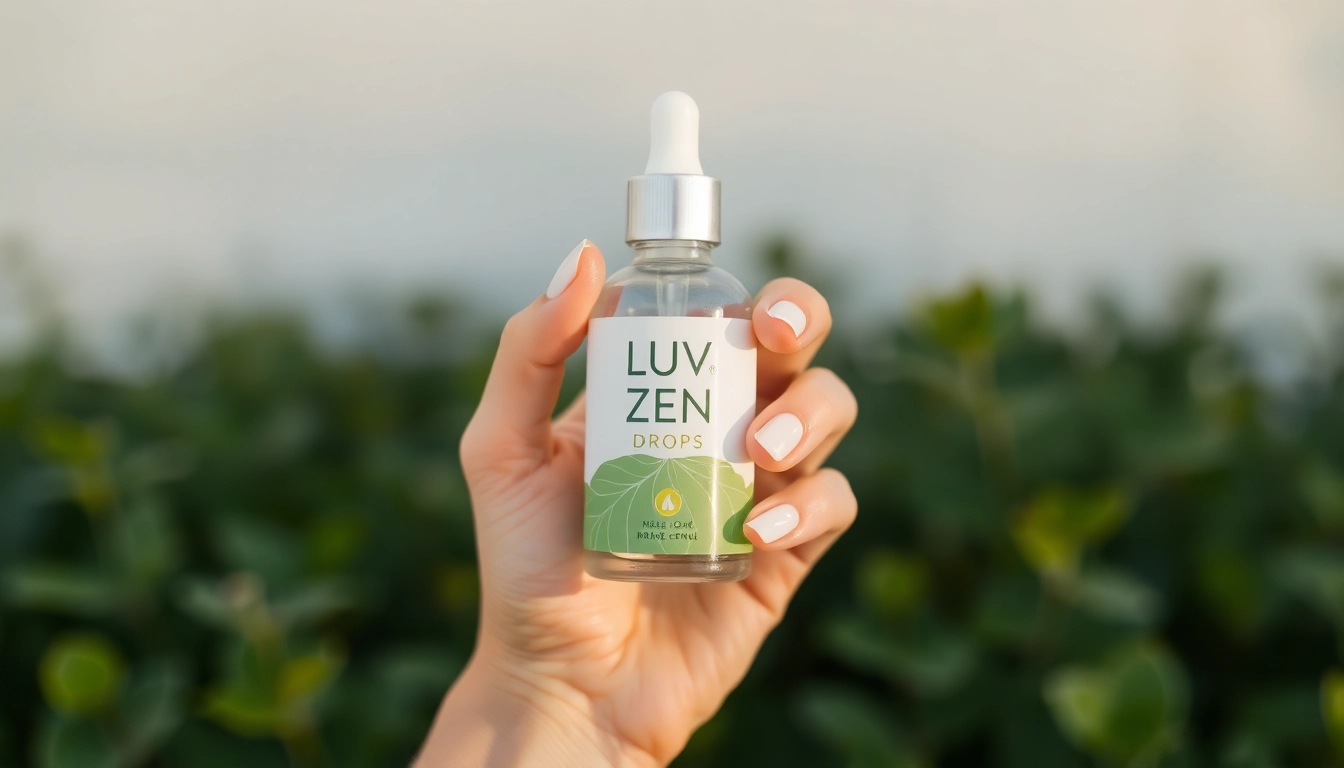Understanding Anxiety and Its Impact
What is Anxiety?
Anxiety is a natural response to stress that affects millions of people around the world. It is characterized by feelings of worry, fear, and apprehension about future events or situations. While a certain degree of anxiety is normal, excessive anxiety can become detrimental to one’s mental and physical health. Anxiety can manifest in various forms, including generalized anxiety disorder (GAD), social anxiety disorder, panic disorder, and specific phobias. Recognizing anxiety involves paying attention to the emotional and physiological responses one may experience in stressful situations.
Common Symptoms of Anxiety
Anxiety symptoms can vary widely from person to person but often include both emotional and physical signs. Common emotional symptoms include:
- Persistent worry about various aspects of life
- Feelings of apprehension or dread
- Difficulty concentrating
- Restlessness or feeling on edge
Physical symptoms can also be quite pronounced and may include:
- Increased heart rate
- Shortness of breath
- Nausea or stomach issues
- Muscle tension
- Fatigue
- Sleep disturbances
Recognizing these symptoms is the first step toward effectively dealing with anxiety.
How Anxiety Affects Daily Life
Anxiety can significantly impair an individual’s daily life. It can hinder one’s ability to perform at work or school, damage personal relationships, and negatively impact overall well-being. Individuals may avoid social situations, leading to isolation and loneliness. Chronic anxiety can also lead to physical health problems, including high blood pressure, digestive issues, and a weakened immune system. Understanding how anxiety affects daily life helps individuals and loved ones take proactive steps toward managing it effectively.
Practical Techniques for Dealing with Anxiety
Managing Breathing and Relaxation Techniques
One of the most effective ways to combat anxiety is through regulated breathing and relaxation techniques. Deep breathing exercises involve inhaling slowly through the nose, holding the breath for a few seconds, and then exhaling gently through the mouth. This practice helps calm the nervous system and can be performed anytime, anywhere. Other relaxation techniques like progressive muscle relaxation involve tensing and then relaxing different muscle groups throughout the body. Such practices not only reduce anxiety levels but also improve overall emotional well-being.
Incorporating Mindfulness and Meditation
Mindfulness meditation has gained popularity as a method for managing anxiety. This practice encourages individuals to stay present and fully engage with their current experiences, rather than being consumed by worries about the future or regrets about the past. Mindfulness techniques include focusing on one’s breath, observing thoughts without judgment, and cultivating a sense of awareness of the moment. Regular mindfulness practice not only helps mitigate symptoms of anxiety but also fosters a greater appreciation for life’s experiences.
Developing Healthy Routines
Establishing daily routines can create a sense of structure, which is beneficial for those dealing with anxiety. Incorporating regular exercise, a balanced diet, and sufficient sleep into one’s daily schedule can lead to improvements in mood and lower anxiety levels. Physical activity is particularly effective in releasing endorphins, the body’s natural stress-relievers. Whether it’s a brisk walk, yoga, or team sports, engaging in regular physical activity can fortify both mental and physical resilience against anxiety.
Seeking Professional Help for Anxiety
Types of Therapy Available
When self-help strategies are insufficient, seeking professional help becomes essential. Various therapeutic approaches exist that can specifically address anxiety disorders, including cognitive-behavioral therapy (CBT), which helps individuals identify and change negative thought patterns and behaviors that contribute to anxiety. Other forms of therapy, such as exposure therapy and acceptance and commitment therapy, may also be beneficial. Tailoring the therapeutic approach to fit the individual’s unique experiences and needs is critical for effective treatment.
Understanding Medication Options
In some cases, medication can be an effective part of a comprehensive anxiety treatment plan. Antidepressants and anti-anxiety medications can help regulate the brain chemicals that influence mood and stress levels. However, the decision to use medication should be made collaboratively between the patient and a healthcare professional, considering the potential benefits, side effects, and risks involved. Medications are often most effective when combined with therapy.
Building a Support System
A strong support system is invaluable in dealing with anxiety. It can involve family, friends, or support groups that offer understanding and encouragement. Sharing feelings and experiences with trusted individuals can alleviate the burden of anxiety and provide a sense of connection. Participating in support groups can also foster empathy and strengthen coping mechanisms by learning from others who are facing similar challenges.
Self-Help Strategies for Dealing with Anxiety
Journaling and Reflection
Journaling serves as an effective tool for managing anxiety. Writing down thoughts and feelings can provide clarity about what triggers anxiety and allow individuals to process their emotions more effectively. Regular reflection can facilitate personal growth and help establish patterns that may lead to anxiety. It creates a structured way to examine one’s thoughts and feelings, leading to insights that can aid in developing coping strategies.
Physical Activity and Its Benefits
Engaging in physical activity is a proven method to alleviate anxiety symptoms. Exercise promotes the release of endorphins, which are hormones that naturally reduce feelings of pain and stress while improving mood. Activities such as running, swimming, dancing, or even practicing martial arts can offer a significant release of built-up tension. Additionally, regular exercise contributes to improved sleep quality and self-esteem, both of which are vital for mental health.
Finding Joy in Daily Activities
Integrating activities that bring joy and fulfillment into daily routines is essential in managing anxiety. Engaging in hobbies, pursuing creative outlets, or simply spending time in nature can create positive experiences and reduce feelings of anxiety. Making time for such activities fosters a sense of accomplishment and satisfaction, which can help counterbalance the pervasive effects of anxiety. Finding joy in small, everyday moments contributes significantly to overall mental well-being.
Maintaining Progress in Dealing with Anxiety
Recognizing Triggers and Managing Responses
Identifying specific triggers that provoke anxiety can empower individuals to manage their responses better. Keeping a detailed log of anxiety-inducing situations can provide insight into patterns and helps individuals develop strategies to address these triggers. For instance, practicing grounding techniques or employing breathing exercises when faced with potential triggers can decrease the intensity of anxiety responses. Understanding one’s triggers ultimately leads to more effective coping strategies.
Setting Realistic Goals for Mental Health
Establishing realistic goals related to coping with anxiety is vital for maintaining progress. These goals should be measurable, attainable, and tailored to individual circumstances. For example, setting a goal to practice mindfulness for five minutes a day can be more achievable than an ambitious goal of thirty minutes. Celebrating small victories along the way provides motivation and encouragement to continue working toward improved mental health.
Long-Term Strategies for Coping with Anxiety
Developing long-term coping strategies is crucial for managing anxiety effectively. These may include continued participation in therapy, consistent exercise, maintaining a healthy diet, seeking community support, and implementing mindfulness practices into daily life. Recognizing that dealing with anxiety is an ongoing process that may require adjustments over time is essential. Building resilience and equipping oneself with a toolkit of coping mechanisms can lead to a sustained reduction in anxiety symptoms.



